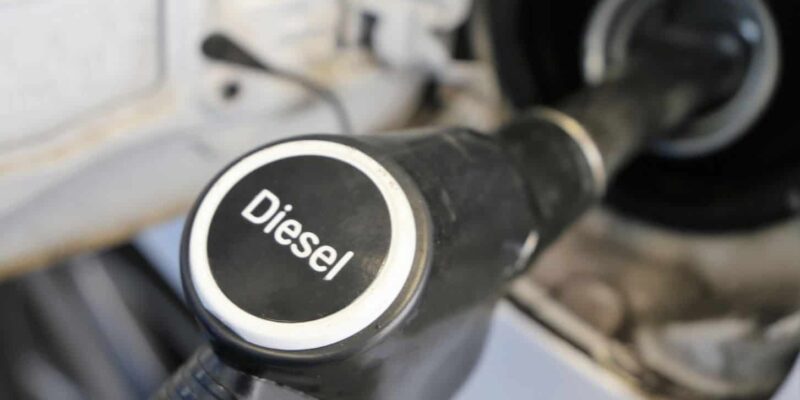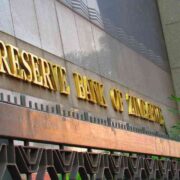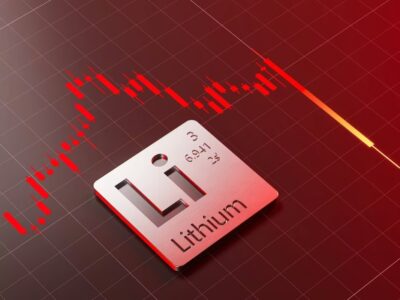South Africa is facing a rising fuel market crisis, with unscrupulous dealers combining tax-paraffin with diesel and selling it at a bargain, causing engine damage and costing the government billions of Rands in lost tax income each year.
South African Petroleum Association (SAPA) CEO, Avhapfani Tshifularo, has warned that the illegal trade is prevalent, with syndicates laundering paraffin to remove identifiable markings before combining it with diesel. The counterfeit fuel is subsequently supplied to unwary commercial buyers, such as trucking companies, agricultural enterprises, and even petrol stations.
Authorities, including the South African Revenue Service (SARS) and law enforcement agencies, have stepped up crackdowns, with recent searches recovering assets worth R367 million. However, Tshifularo stated that SAPA was not directly involved in these activities, despite the industry’s backing for attempts to combat the black market.
By Gamuchirai Mapako
Paraffin is designed for domestic usage and has what is called a tracer dye to identify illicit mixing. However, fraudsters have discovered ways to remove these identifiers, allowing them to mix paraffin and fuel unnoticed. The temptation is clear: paraffin is not taxed, allowing thieves to profit by R6-R7 per litre.
Diesel car owners are urged to be vigilant, asking fuel attendants if their diesel contains paraffin and if it fulfils national regulations. Abnormally big discounts at particular petrol stations may suggest counterfeit fuel.
Previously, the South African Department of Mineral Resources and Energy discovered 70 service stations selling contaminated fuel during random testing. While authorities are ramping their operations, authorities emphasised the importance of sustained collaboration between industry and law enforcement in dismantling these well-organised syndicates.
As the black market trade expands, motorists and companies are urged to exercise caution and buy legitimate diesel to avoid costly engine damage and support the legal fuel sector. And that includes Zimbabwean motorists as the predicament might soon spill into Zimbabwe














Comments